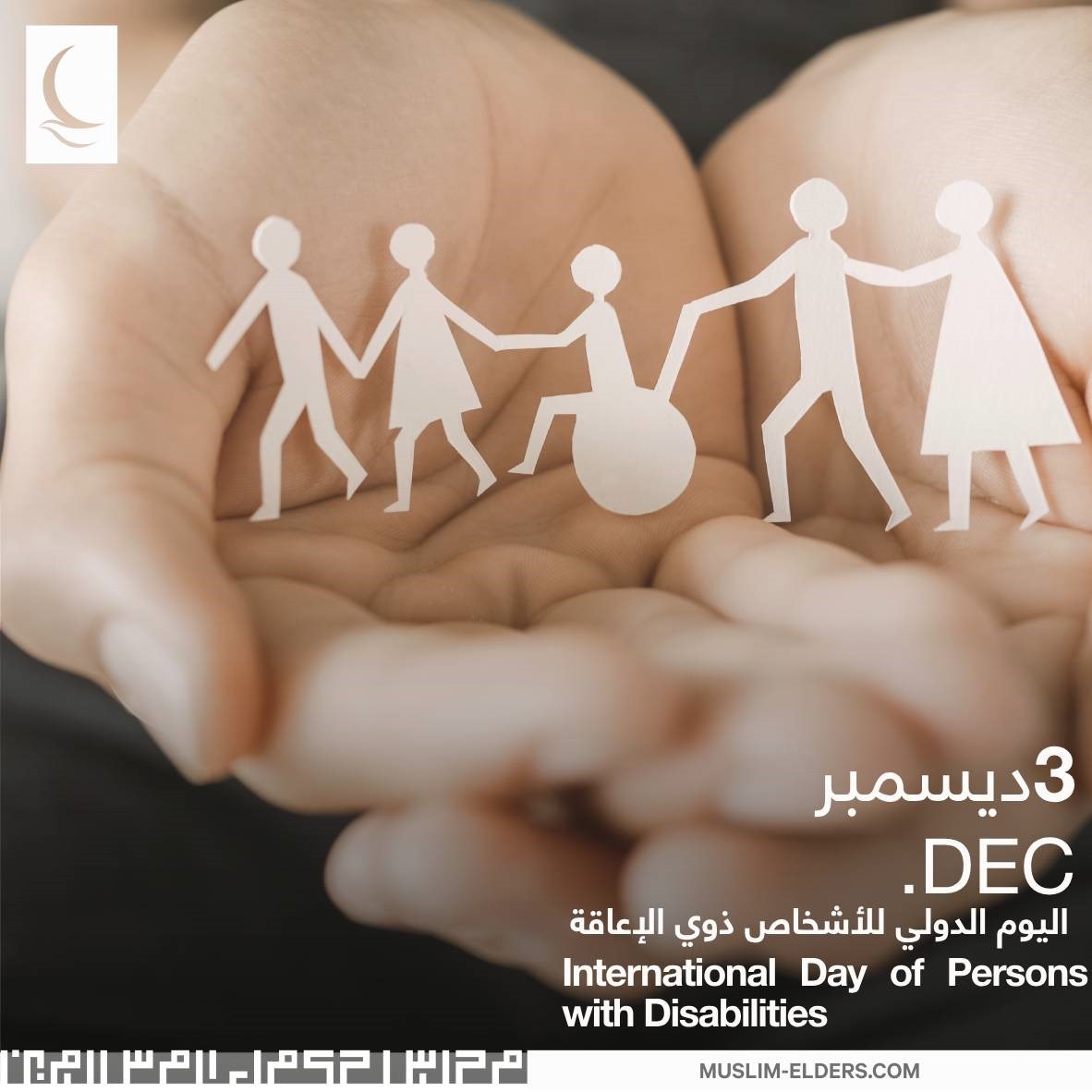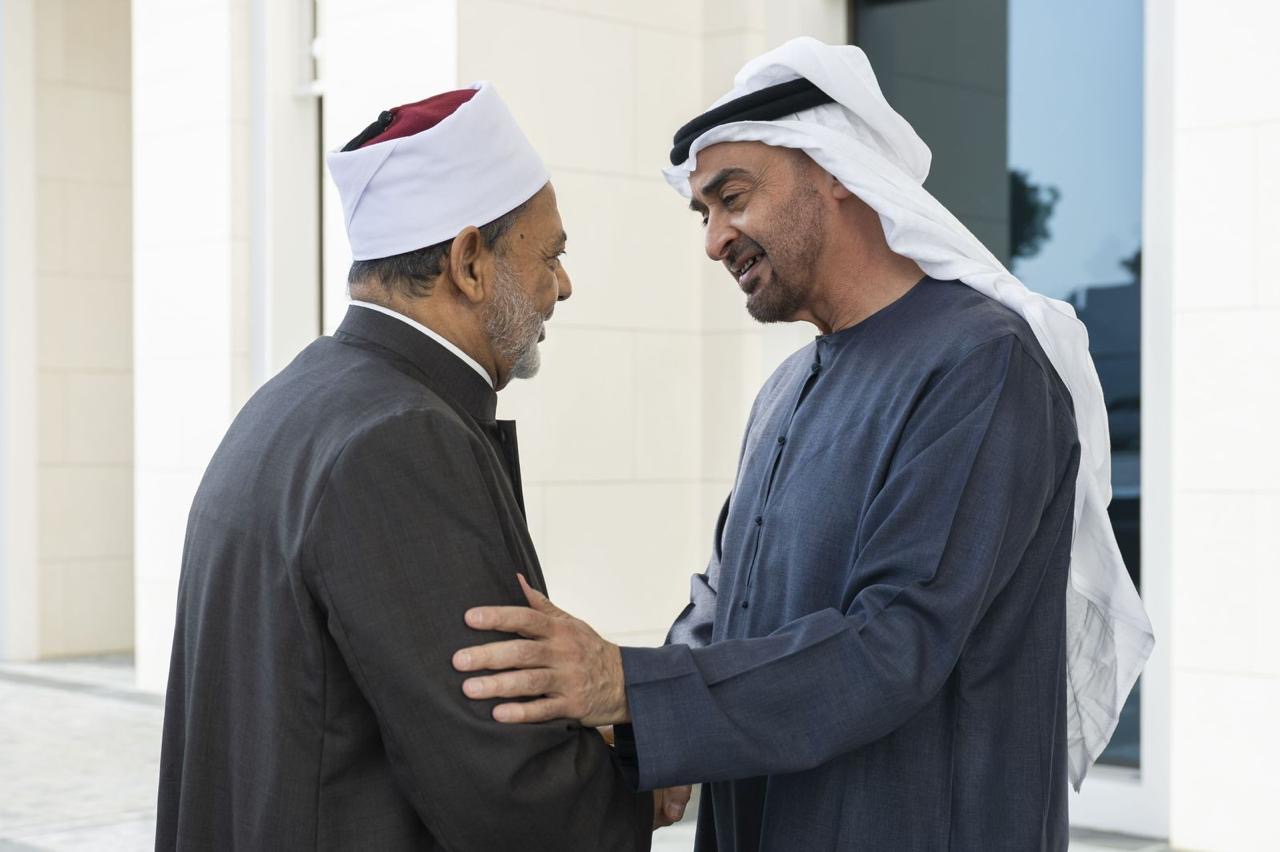The Current State and Future of Inter-Islamic Dialogue Among the Ummah: Conclusion of the Seminar Series at the Muslim Council of Elders' Pavilion at the Baghdad International Book Fair
*Sheikh Jawad Al-Khalisi: The Call by His Eminence, Al-Azhar’s Grand Imam, to Strengthen Inter-Islamic Dialogue Comes at a Crucial Moment in the Ummah's History, Demanding Collective Efforts to Promote Mutual Understanding and Respect*
*Director of the Al-Hokama Center for Peace Research: Inter-Islamic Dialogue is a Neglected Duty and an Urgent Necessity for Muslims Today, as a Fulfilment of their Faith’s Command and in Response to the Unprecedented Challenges They Face*
The Muslim Council of Elders' pavilion at the Baghdad International Book Fair concluded its cultural program, which ran throughout the event, with a seminar titled "Follow-ups and Ideas on the Present and Future of Dialogue Among the Ummah." The seminar was led by Sheikh Jawad Al-Khalisi, a prominent religious authority in Iraq, and Dr. Samir Boudinar, Director of the Al-Hokama Center for Peace Research. The discussion focused on the importance of inter-Islamic dialogue in rebuilding trust within the Ummah, and the key requirements for establishing a solid foundation for this dialogue. It emphasized mutual respect and a deep understanding of shared values across various intellectual schools and Islamic sects, as crucial steps in addressing the significant challenges facing the Ummah’s future.
At the start of the seminar, Dr. Samir Boudinar stated that Islamic dialogue is a neglected obligation and a vital necessity for Muslims today, in response to their faith and the unprecedented challenges they face. He highlighted that the Muslim Council of Elders' pavilion, through a series of cultural seminars and lectures at the Baghdad International Book Fair, has worked to chart a path for inter-Islamic dialogue, especially following the historic call made by His Eminence Prof. Dr. Ahmed Al-Tayeb, Grand Imam of Al-Azhar and Chairman of the Muslim Council of Elders, in Bahrain a year and a half ago, calling for an inter-Islamic dialogue among the different components of the Ummah.
Dr. Samir Boudinar, Director of the Al-Hokama Center for Peace Research, emphasized that there is no question about the legitimacy, relevance, and importance of Islamic dialogue in addressing the challenges facing Muslims today. He stressed the need for a clear framework for this dialogue and for building on the progress made over decades. Intellectual leaders in the Ummah have long recognized the value of dialogue, initiating various efforts under themes of reconciliation and communication. However, this process now urgently requires drawing on past experiences, refining mechanisms, and reassessing goals to ensure that dialogue within the Ummah is productive and successful in achieving its intended outcomes.
Sheikh Jawad Al-Khalisi echoed these sentiments, underscoring the importance of moving inter-Islamic dialogue from theory to practical action. He noted that the Ummah is currently in a prime moment for dialogue among its members, due to its deep awareness of its mission and its commitment to the responsibility that Allah has entrusted to it. Throughout Islamic history, the Ummah has sought ways to ensure its unity and cohesion. Thus, the call by the Grand Imam of Al-Azhar to strengthen inter-Islamic dialogue comes at a crucial time, requiring unified efforts to foster greater understanding and mutual respect.
The religious authority in Iraq noted that inter-Islamic dialogue has never truly stopped throughout history. It has always been alive in the conscience of the Ummah through remarkable examples and reflected in the efforts of scholars and reformers from various intellectual traditions, who enriched the Ummah with their thoughts. He emphasized that dialogue among the intellectual and religious leaders of the Muslim world remains the most effective way to maintain unity and stability. Today, dialogue is not a mere option but a pressing necessity to ensure the Ummah's continuity and advancement, acting as its true safeguard against external threats.
For the first time, the Muslim Council of Elders is showcasing a dedicated pavilion at the Baghdad International Book Fair. This initiative aligns with its mission to promote peace, reinforce the values of dialogue and tolerance, and build bridges of coexistence among people of diverse backgrounds and beliefs. The Council’s pavilion (H2), located in the Baghdad Hall, features over 220 publications in five languages, including 24 new releases that address key intellectual and cultural topics. The pavilion also hosts a series of distinguished seminars and lectures, featuring prominent thinkers, scholars, and academics, aimed at fostering dialogue and understanding among various Islamic sects, while promoting cooperation and unity across the Ummah.

